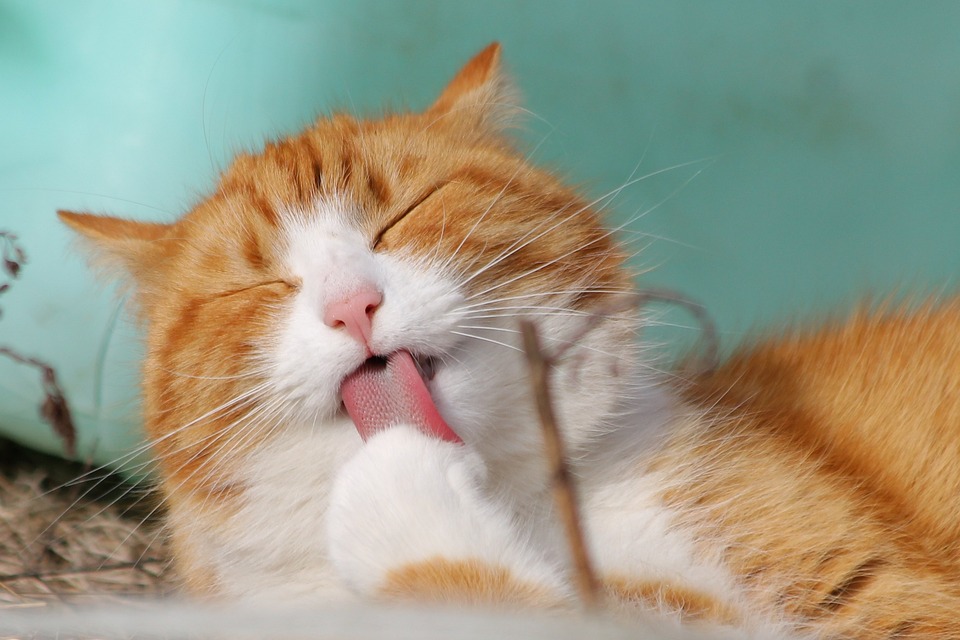Cats are curious creatures known for their playful nature. However, sometimes their curiosity can get the best of them, leading to chewing on household items. Not only can this behavior be destructive, but it can also pose health risks to your furry friend. In this article, we will explore ways to prevent and address chewing in cats, ensuring their well-being and the preservation of your belongings.
Understanding the Causes of Chewing in Cats
Before delving into prevention and solutions, it’s important to understand why cats may resort to chewing on household items. Several factors can contribute to this behavior, including:
1. Teething: Kittens, especially those under the age of 6 months, may chew due to teething discomfort. Just like human babies, their gums can become sensitive during this phase.
2. Boredom: Cats are intelligent animals that require mental stimulation. When they’re bored or lack environmental enrichment, they may resort to chewing as a means of entertainment.
3. Anxiety or stress: Cats may chew on household items as a way to relieve anxiety or stress. Changes in their environment, such as moving to a new home or the introduction of a new pet, can trigger this behavior.
4. Dental issues: Dental problems, such as gum disease or tooth decay, can lead to chewing in cats. Chewing may help alleviate discomfort caused by these conditions.
Preventing Chewing in Cats
Now that we understand the underlying causes, let’s explore preventive measures to keep your cat from chewing on household items:
1. Provide appropriate toys: Ensure your cat has access to a variety of interactive toys designed specifically for feline enrichment. Toys that promote mental stimulation and mimic hunting behaviors can help redirect their chewing urges.
2. Rotate toys: Cats can quickly lose interest in toys if they’re always available. Rotate their toys every few days to keep them engaged and prevent boredom.
3. Cat-proof your home: Identify items that may be tempting for your cat to chew on, such as electrical cords or plants toxic to cats, and either secure them out of reach or remove them from your cat’s environment.
4. Supervision and redirection: Keep a close eye on your cat, especially during their teething phase or when they exhibit signs of anxiety. If you catch them chewing on inappropriate items, redirect their attention to a suitable toy or provide them with a treat.
Addressing Chewing Behavior in Cats
If your cat is already exhibiting a chewing habit, it’s crucial to address the behavior promptly to prevent further damage. Here are some steps to take:
1. Discourage chewing: Use a deterrent spray specifically designed for cats on items you want to protect. The bitter taste will discourage your cat from chewing on those objects.
2. Provide appropriate alternatives: Offer your cat a range of chew toys and puzzle feeders to redirect their chewing behavior. This will not only keep them entertained but also help maintain their dental health.
3. Consult your veterinarian: If the chewing behavior persists despite your efforts, consult your veterinarian. They can rule out any underlying medical issues or provide behavior modification techniques tailored to your cat’s specific needs.
FAQs about Cat Chewing Behavior
1. Q: Is it normal for cats to chew on household items?
– A: While chewing behavior in cats is not uncommon, it’s essential to identify the underlying cause and redirect their chewing to appropriate items.
2. Q: How can I prevent my cat from chewing on electrical cords?
– A: To prevent potential hazards, cover cords with cord protectors or use deterrent sprays that are safe for both cats and cords. Additionally, ensure your cat has access to alternative toys or scratching posts to redirect their chewing instinct.
3. Q: My cat chews on plastic bags. Is this dangerous?
– A: Chewing on plastic bags can pose a choking hazard or lead to intestinal blockages. It’s crucial to keep plastic bags out of your cat’s reach and provide safe alternatives for chewing.
4. Q: Can dental issues cause chewing behavior in cats?
– A: Yes, dental problems can lead to chewing behavior in cats. If you suspect dental issues, consult your veterinarian for a dental examination and appropriate treatment.
By understanding the causes, implementing preventive measures, and addressing chewing behavior promptly, you can help your cat lead a happy, healthy, and non-destructive life while preserving your household items. Remember, patience and consistency are key when modifying your cat’s behavior.








